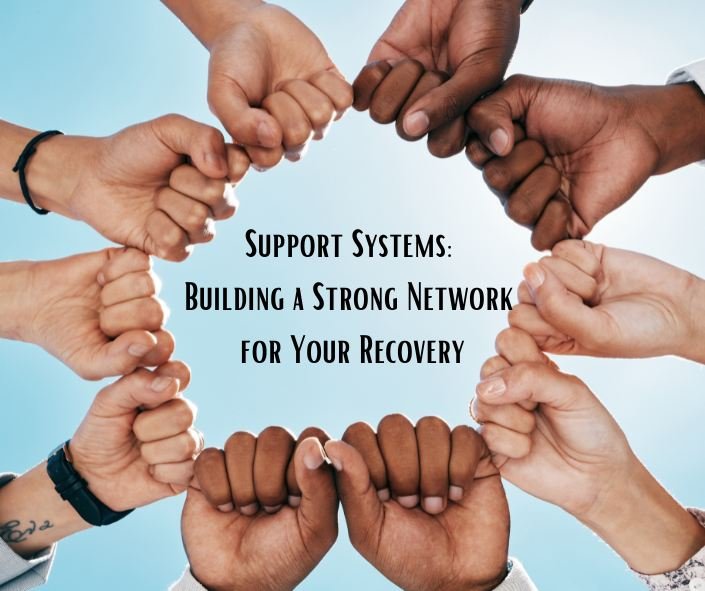Vulnerability, often perceived as a weakness, plays a crucial role in the recovery journey within rehabilitation centers in Chennai. Overcoming the fear of vulnerability is pivotal for individuals seeking sustained sobriety. This blog explores the significance of embracing vulnerability in recovery, its challenges, and strategies offered within rehab centre in Chennai to navigate this emotional hurdle.
Understanding Fear of Vulnerability in Recovery:
In the context of addiction recovery at rehabilitation centers in Chennai, the fear of vulnerability arises from a reluctance to expose one’s true emotions, fears, and struggles. This fear often stems from past experiences, societal stigmas, or a fear of judgment, hindering individuals from being authentic and open about their feelings.
Recognizing the Importance of Vulnerability:
Rehabilitation centers stress the significance of vulnerability as a catalyst for genuine connection and growth. Embracing vulnerability allows individuals to break down emotional barriers, fostering deeper connections with oneself and others. It paves the way for authentic self-expression and a more meaningful recovery journey.
Challenges Associated with Embracing Vulnerability:
The fear of vulnerability poses several challenges in addiction recovery. Individuals may fear rejection, judgment, or abandonment when opening up about their struggles. This fear can lead to emotional suppression, hindering progress and genuine connection within the rehabilitation center community.
Creating a Safe and Supportive Environment:
Rehabilitation centers in Chennai prioritize creating a safe and supportive environment conducive to vulnerability. Therapists and counselors foster a non-judgmental space where individuals feel encouraged to share their thoughts and emotions openly without fear of reprisal. This supportive atmosphere encourages vulnerability as a tool for healing.
Therapeutic Techniques for Embracing Vulnerability:
Therapeutic interventions within rehabilitation centers focus on cultivating vulnerability. Group therapy sessions, one-on-one counseling, and expressive therapies provide platforms for individuals to explore and express their vulnerabilities in a safe and controlled setting. These therapeutic techniques empower individuals to confront their fears gradually.
Encouraging Self-Acceptance and Compassion:
Rehabilitation centers promote self-acceptance and self-compassion as vital components of embracing vulnerability. Individuals are guided to accept themselves without judgment, recognizing that vulnerability is a part of the human experience. Cultivating self-compassion helps in alleviating the fear of vulnerability and fosters self-acceptance.
Mindfulness Practices for Emotional Awareness:
Mindfulness techniques incorporated within rehabilitation centers aid in emotional awareness. Mindfulness practices help individuals recognize and observe their emotions without judgment. This heightened emotional awareness allows individuals to acknowledge and embrace vulnerability as a natural part of their recovery journey.
Role of Peer Support and Shared Experiences:
Peer support groups and shared experiences play a pivotal role in overcoming the fear of vulnerability. Rehabilitation centers encourage individuals to engage in group discussions, allowing them to witness others’ vulnerability and shared struggles. This collective support fosters a sense of belonging and encourages individuals to open up about their experiences.
Empowerment Through Vulnerability:
Rehabilitation centers empower individuals to view vulnerability as a source of strength rather than weakness. Embracing vulnerability allows individuals to connect authentically with themselves and others, leading to emotional healing and personal growth. By acknowledging vulnerabilities, individuals harness the power to navigate their recovery journey more effectively.
Embracing vulnerability is a transformative step in the recovery journey within rehabilitation centers in Chennai. By fostering a supportive environment, offering therapeutic techniques, and encouraging self-compassion, individuals can gradually overcome the fear of vulnerability. By embracing vulnerability, individuals pave the way for genuine connections, emotional healing, and a more authentic and resilient path to sustained sobriety.


